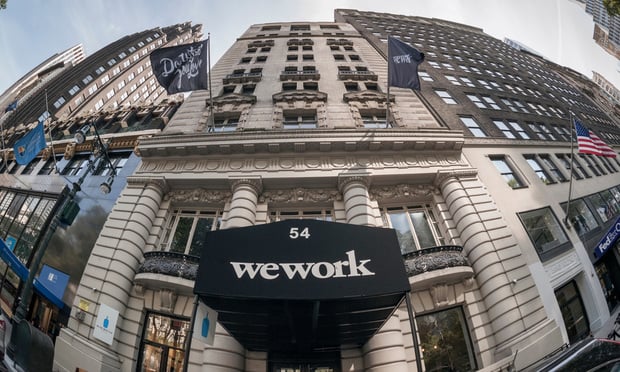LOS ANGELES—Boston Fed President Eric Rosengren worries about the impact co-working office space could have on the commercial real estate sector and is not reticent about his opinion.
Three weeks ago, he told the audience at an event in New York City that evolving market models, along with low interest rates, are creating a new type of potential financial stability risk in commercial real estate. "One such market model is the development of co-working spaces in many major urban office markets."
Recommended For You
Want to continue reading?
Become a Free ALM Digital Reader.
Once you are an ALM Digital Member, you’ll receive:
- Breaking commercial real estate news and analysis, on-site and via our newsletters and custom alerts
- Educational webcasts, white papers, and ebooks from industry thought leaders
- Critical coverage of the property casualty insurance and financial advisory markets on our other ALM sites, PropertyCasualty360 and ThinkAdvisor
Already have an account? Sign In Now
*May exclude premium content© 2025 ALM Global, LLC, All Rights Reserved. Request academic re-use from www.copyright.com. All other uses, submit a request to [email protected]. For more information visit Asset & Logo Licensing.









